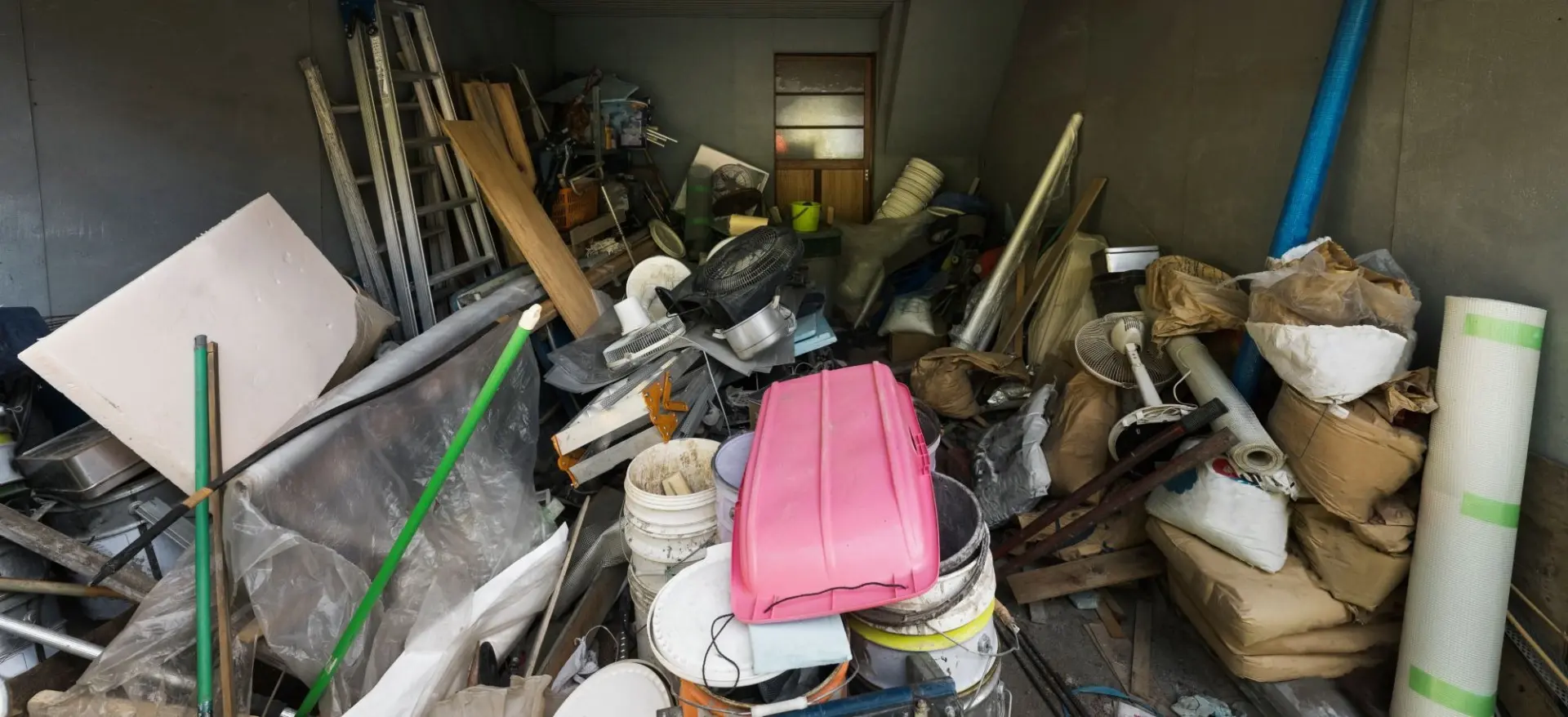Overcoming hoarding is not just about creating a tidier home. It can also have a profound impact on mental health. From easing daily stress to rebuilding relationships, recovery brings positive psychological changes that allow individuals to live with greater peace of mind and confidence.
Reduced Stress and Anxiety
Living in a cluttered and unsafe environment can heighten stress levels, as every task feels more difficult when surrounded by disorganisation. Hoarding often leads to overwhelming anxiety about losing possessions, dealing with visitors, or facing possible eviction or health risks. The constant mental load of worrying about the state of the home takes its toll, leaving individuals feeling trapped and exhausted.
By addressing hoarding behaviours and restoring order, many people experience a noticeable reduction in stress and anxiety. A safe, clear living space removes daily triggers and allows for a calmer routine. This positive change not only helps with day-to-day wellbeing but also supports better sleep, improved concentration, and a more stable emotional outlook.
Improved Mood and Emotional Wellbeing
Hoarding is often linked to feelings of shame, guilt, or low mood, especially when individuals struggle to invite friends or family into their home. The emotional weight of living in such conditions can lead to social withdrawal, depression, and a sense of isolation. These emotions create a cycle where clutter fuels negative feelings, which in turn make it harder to seek change.
As clutter is reduced and spaces are reclaimed, people frequently report improvements in their mood and overall emotional wellbeing. Having a comfortable environment provides a sense of relief and pride, creating a positive mindset that makes further progress easier to maintain. Recovery can also give people renewed motivation to engage in hobbies, routines, and social activities that support long-term happiness.

Better Relationships with Family and Friends
Hoarding can place a significant strain on personal relationships. Family members may feel shut out, frustrated, or worried about their loved one’s wellbeing, while friends may find it difficult to maintain connections due to the secrecy and shame often associated with the condition. Over time, this isolation can worsen feelings of loneliness and make recovery more challenging.
Taking steps to overcome hoarding can help rebuild these important bonds. As the home environment improves, individuals often feel more comfortable welcoming visitors, which restores trust and connection. Family and friends may also become more supportive when they see real progress being made, strengthening relationships and creating a more reliable support network for the future.

Greater Sense of Control Over Life
For many people living with hoarding disorder, possessions come to represent safety and control. Unfortunately, the reality is often the opposite: clutter takes over rooms, restricts movement, and dictates daily life. This lack of control can contribute to feelings of helplessness and low self-worth, making it difficult to imagine change.
Recovery restores a sense of control and independence. By making active decisions about what to keep and what to let go, individuals reclaim ownership over their environment and daily routines. This new sense of control not only improves confidence but also supports wider life goals, such as managing finances, pursuing work opportunities, or engaging more fully with the community.
We provide compassionate, professional hoarding disorder treatment services across Scotland. Our trained team combines therapeutic support with practical assistance, helping individuals and families create safe, healthy, and comfortable living environments while restoring dignity and peace of mind.





